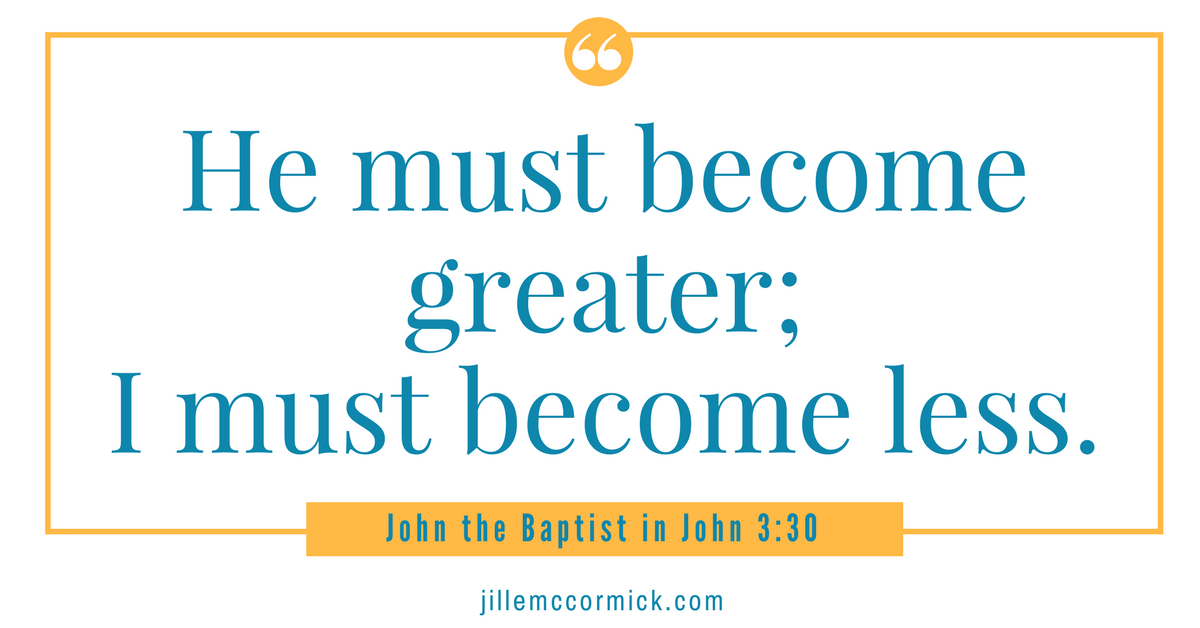|
Hey Ladies! Boy, do i have a treat for you today!!! I have a new online blogger friend that speaks volumes to me through her posts. I wanted to share one I knew we have all had to deal with at one time or another...COMPARISON! I would like to say that we Christian women don't let that game play in our heads, but we do....even on Sunday morning as we enter the sanctuary and catch a glance at another wearing that cute dress that we tried to justify, but just wasn't in our budget. Yep...we all struggle at times. I think this post will give us all a new perspective on how harmful this game can be if we allow it. So welcome Jill E McCormick like she joined us for lunch!! :) Take it away Jill! The Bible tells me not to do it, but I just can’t help myself. I do it every day, multiple times a day. It’s almost involuntary like breathing. I compare. This topic isn’t new to the blog (The one thing we all do and How comparison leads to shame, fear, and a faulty view of God), but the good news is that we can begin opting out of the comparison game altogether with three game-ending strategies. But first, it’s important to understand that comparison starts when we’re doing the same work as others and notice different results.John the Baptist was on the “repent-and-baptize” scene for a while. He had followers upon followers, even disciples. Then Jesus entered stage left in John 3. Jesus started baptizing people in the countryside. As one commentary explains, “John had introduced Jesus to the world, but now Jesus seemed to be drawing John’s followers away from him.” Our comparison starts this way too. We are doing the same work as someone else: working full-time, parenting, working out, cleaning house, and prepping meals. Then we notice that our work doesn’t seem to be measuring up. As fellow writer Lynn Hughes says, “If she does A + B + C, and we all have the same hours in a day, then what on earth is wrong with me?” Comparison eventually leads to dehumanization and exaggeration.I’m sure that John’s followers were complaining out of sympathy and love for him when they said, “Rabbi, that man who was with you on the other side of the Jordan—the one you testified about—look, He is baptizing, and everyone is going to Him.” The disciples start by saying, “that man” instead of the name of Jesus. Their language takes out the personal and replaces it with a generic descriptors. John’s disciples are so jealous they can’t even say Jesus’ name. They also end with an exaggeration: “everyone is going to Him.” Okay, I wasn’t there, although my 7 year-old did ask me the other day if I was alive 1,000 years ago, but I digress. I’m guessing that “everyone” is not accurate since John was still baptizing people. We know this because it says in John 3:23, “Now John also was baptizing at Aenon near Salim, because there was plenty of water, and people were coming and being baptized.” When we compare, we dehumanize those we are comparing ourselves to and we exaggerate their accomplishments. Have you ever said something like, Well, she always looks fabulous or You know her, never a hair out of place? We can’t even bring ourselves to say the name of our perceived competitor. Then we toss around exaggerations like “always” and “never.” So, how do we end this game? 1. Comparison ends when we understand that what we have is from God.John doesn’t get drawn into the envy and comparison game his disciples are trying to play. We can learn from what he says in verse 27: “A person can receive only what is given them from heaven. You yourselves can testify that I said, ‘I am not the Messiah but am sent ahead of Him.’” We don’t need to compare when we understand that God has given us what we have, just as God has given to others what they have. Artist and writer Ruth Chou Simons writes, “So much of becoming who our Creator made us to be begins when we recognize that all that we have is given not gotten.” John understood that God made him to be the one who was clearing the way for Jesus to spread His message. John was given that role; there was nothing about it that he earned. What have you been given? 2. Comparison ends when we understand that He’s the main attraction.John knew that he was the opening act to Jesus’ main attraction. In John 3:30 John says something that I struggle with everyday, “He must become greater; I must become less.” God has something specific for us to do. His plans for us always involve loving Him, loving others, and glorifying Him. I love what the Bible Study Fellowship commentary says, “Ask for grace to be faithful in ‘little things,’ and He will put you in the place where you can best express the gifts He has given you.” 3. Comparison ends when we understand that God provides for different people in different ways.Throughout our history, God has provided for and interacted with different people in different ways who are in similar situations, God appeared to Moses in shrubbery but revealed Himself to Elijah as a still small voice. God gave the Israelites manna and the Jews living water. When Lazarus died, Jesus spoke with Martha to grow her faith, but He simply cried with Mary. Why does He have different responses to different people? Timothy Keller explains it this way, “Different hearts need different things from the richness of God’s glory.” Our lives are about Him—they’re not about us and what we have (or don’t). The comparison game is one that we don’t have to play. It has a clear start that we can nip in the bud. It leads us to places we never thought we’d go. But it’s in our power to stop playing. Comparing doesn’t have to come so involuntarily. I can choose to be a part, and I am sitting this game out.  Jill E. McCormick helps high-achieving women lean less on self and more on the God of amazing grace so we can live in Christ's freedom and light. She lives in Texas and loves Jesus. She blogs regularly at Jill E. McCormick- An Achiever Goes Rogue Go Check her out & show her some love! I think you will enjoy her perspective! Love Y'all,
Sheila
0 Comments
|
Archives
January 2019
Categories
All
|



 RSS Feed
RSS Feed